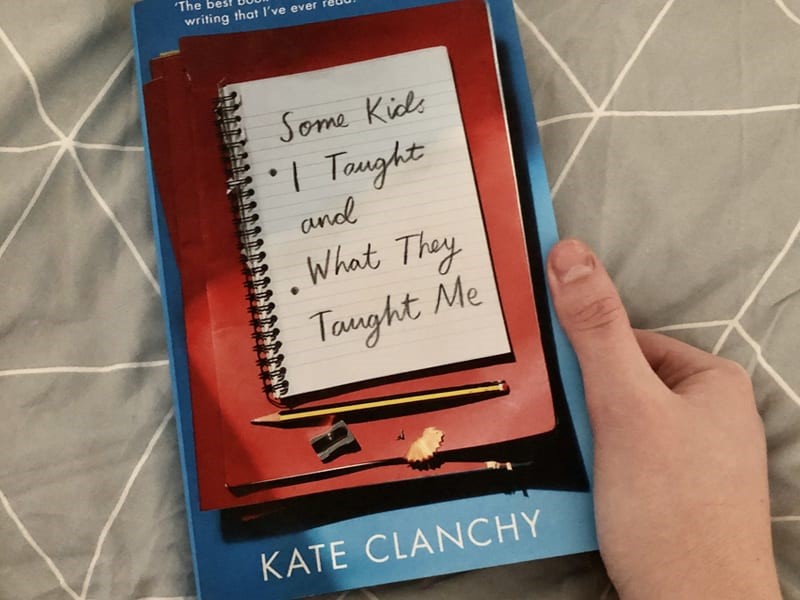Lucia Flaherty, Teacher of English, reviews the podcast ‘Trialled and Tested’, in which Jamie Scott and Alex Quigley explore how students must learn to verbalise the process of metacognition early.
https://educationendowmentfoundation.org.uk/news/trialled-and-tested-podcast-metacognition/
‘Metacognition is intuitive […] We just need to give it a language’ – Alex Quigley
This week, in a bid to think about metacognition off screen, I have been listening to the podcast ‘Trialled and Tested’. In the first episode, Jamie Scott and Alex Quigley explore what metacognition and self-regulation is and how it can be implemented in the classroom. There was more food for thought in the podcast than a review can cover so I’ve focused on what resonated the most with me: the type of language we can use to talk about what metacognition looks like in the classroom.
Alex Quigley is quick to note the values of metacognition with the impressive statistic that it can provide ‘7 months of additional progress in 12 months’ when students use metacognitive strategies effectively. The problem is that a surprising amount of students are rather poor at metacognitive skills. Consider the default revision method (even used by university students) of reading over and highlighting notes when this has been shown to be a very ineffective strategy.[1]
To help solve this, Quigley believes that students must start metacognition early and learn the language to verbalise what is an intuitive process. To start, he defined a 3-stage process that he refers to as ‘metacognitive regulation’.[2] It is simply:
- Plan
- Monitor
- Evaluate
These are things we do in our daily lives such as planning to take an earlier bus so that we are not anxious about being late to work. We monitor what the traffic is like and whether we should change to walking instead. We then evaluate whether our journey was a success. Did we arrive on time? Would we take that bus again?
This is a process that both teachers and students do in lessons all the time but Quigley says that the trick is to verbalise it. He noted how the same process looks in ‘the best Art lesson he ever saw’.[3]
- Plan: The teacher verbalises the planning process by introducing the task and discussing the strategies needed to draw a self-portrait. What tools should we use? Why is a pencil best? How did I prepare for this drawing?
- Monitor: The teacher would model a self-portrait and monitor what he was doing to create the art in real time. What shapes are being used? How should the pencil be held? How did I know where to start?
- Evaluate: At the end, students and teachers evaluated the drawing done. What are the successes? What would you change? Was it a clear process? Did you struggle or was it a seamless process?
Coming from the land of teacher training that talked in ‘starters’, ‘objectives’, ‘main activity’ and ‘plenary’, I rather prefer Quigley’s language for the process of learning and how to structure a lesson that puts metacognition at the heart of it.
Lucia Flaherty
[1] Jeffrey D. Karpicke, Andrew C. Butler & Henry L. Roediger III (2009) Metacognitive strategies in student learning: Do students practise retrieval when they study on their own?, Memory, 17:4, 471-479, DOI: 10.1080/09658210802647009
[2] Jamie Scott (2018), Metacognition and Self-Regulation [Trialled and Tested], 8th September, Available at: https://educationendowmentfoundation.org.uk/news/trialled-and-tested-podcast-metacognition/#closeSignup, (Accessed: 09.02.21)
[3] Ibid.


